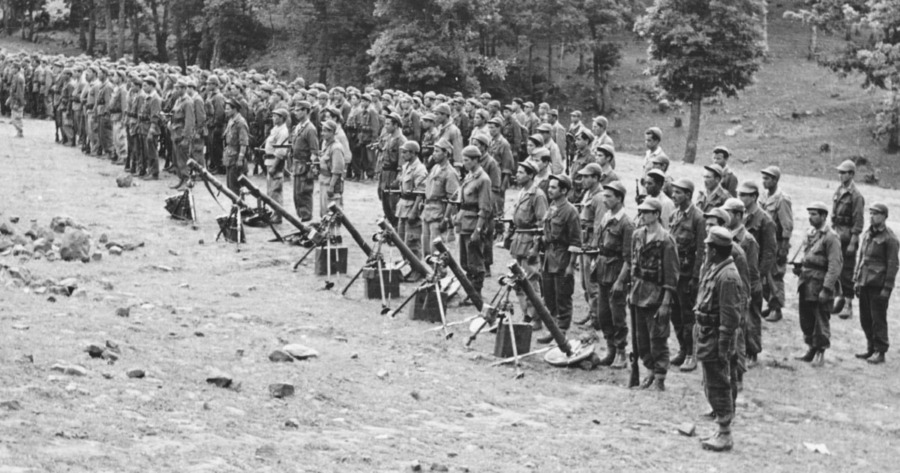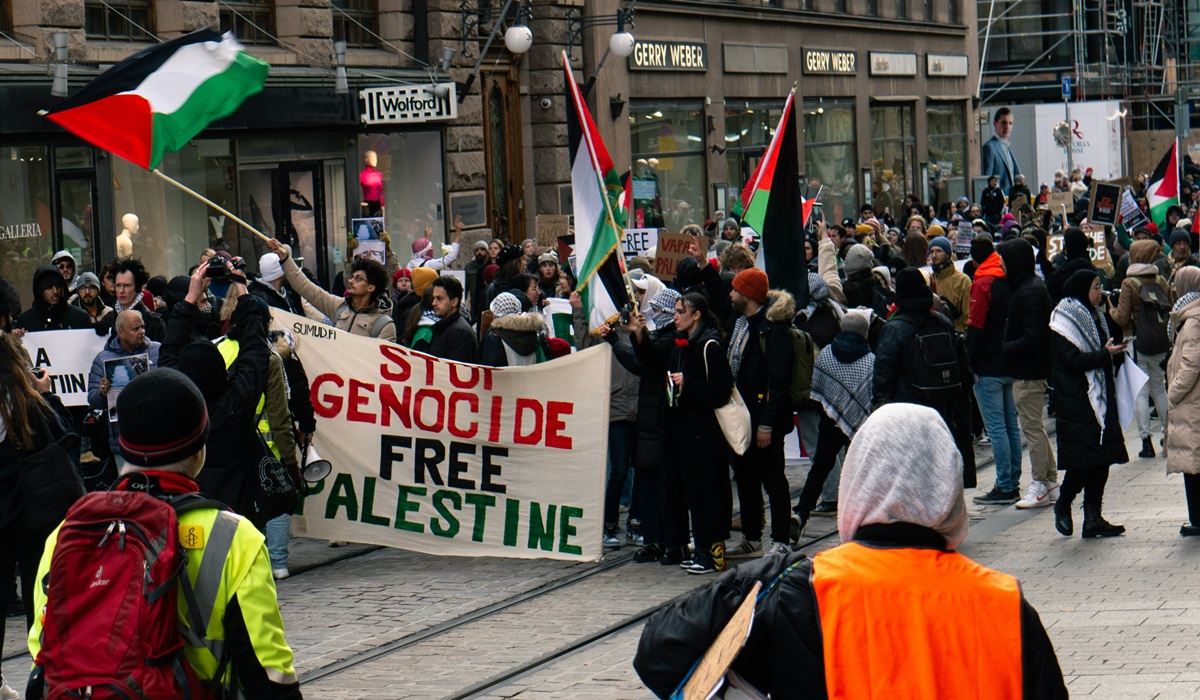France’s war in Algeria lasted from 1954 to 1962 and is one of the most controversial conflicts in the country’s history. While officially referred to as an “event,” it was later recognized as a war by the French government in 1999. This decision was made in light of the numerous casualties suffered by both French and Algerian forces and the widespread destruction that occurred during the conflict.
The war in Algeria began in November 1954 when the National Liberation Front (FLN) launched a series of attacks on French military and civilian targets. The FLN sought to gain independence for Algeria, a French colony since the 1830s. The French government initially downplayed the significance of these attacks, referring to them as isolated incidents rather than a coordinated campaign. However, as the violence escalated and more people were killed, it became clear that this was a full-blown war.
One reason governments may lie about the true nature of war is to maintain public support for the conflict. Wars are expensive in terms of money and lives, and unpopular wars can lead to protests and even civil unrest. By downplaying the severity of the conflict or presenting it in a more positive light, leaders hope to avoid such outcomes. In the case of the war in Algeria, the French government wanted to maintain the image of France as a powerful colonial power while at the same time avoiding criticism from other countries and potential allies.
Another reason why governments may lie about wars is to protect the soldiers who are fighting. War is a dangerous and brutal activity; soldiers killed or injured in battle can become political liabilities. By downplaying the severity of the conflict, governments can avoid questions about the number of casualties and the effectiveness of their military strategy. In the case of the war in Algeria, the French government was reluctant to admit the scale of the conflict, partly because it feared that doing so would undermine morale among its troops.
However, lying to citizens about the true nature of war is a dangerous practice that can have serious consequences. In today’s social media and instant communication era, it is virtually impossible to hide the reality of war from the public. Images of dead and injured soldiers and civilians are shared on social media and news outlets, making it difficult for governments to maintain a false narrative. This can lead to a loss of trust in the government and its leaders, protests, and other forms of unrest.
This very same scenario played out in front of millions with Russia’s invasion of Ukraine under the guise of a training exercise, and when that failed, the war was rebranded as a liberation attempt to free the country of Nazis.
Moreover, lying about the true nature of war can have long-term consequences for society. By downplaying the severity of a conflict, governments can make it difficult for citizens to come to terms with the trauma and loss that war brings. This can lead to a lack of closure and healing, contributing to social and political instability in the following years. In the case of the war in Algeria, the French government’s reluctance to recognize the conflict as a war contributed to decades of political and social unrest in both France and Algeria.
Telling citizens the truth about the nature of war is important for a number of reasons. Not only does it help to maintain public trust and avoid social and political unrest, but it also allows societies to come to terms with the trauma and loss that war brings. While governments may feel the need to lie about unpopular wars, it is ultimately in the best interests of both citizens and soldiers, to tell the truth. By doing so, we can honour the sacrifices made by those who fought and ensure that the lessons of past conflicts are not forgotten.
Image Source Wikipedia, Zdravko Pečar – Museum of African Art (Belgrade)









